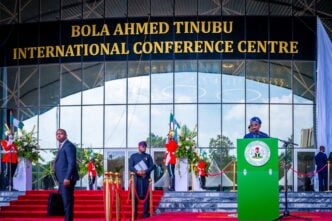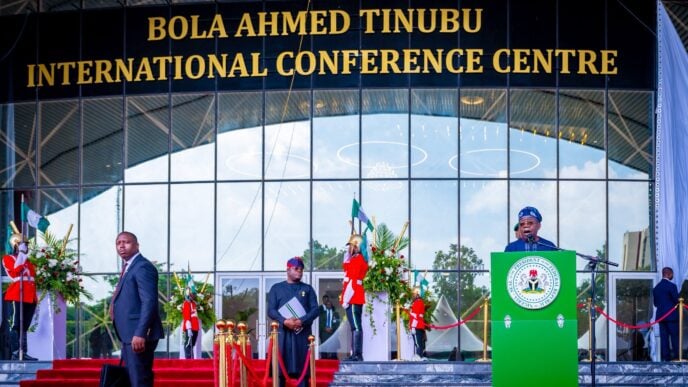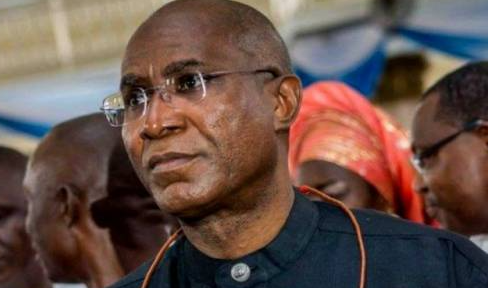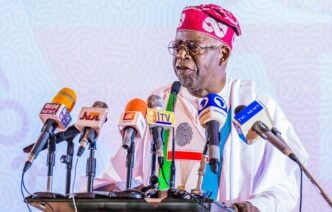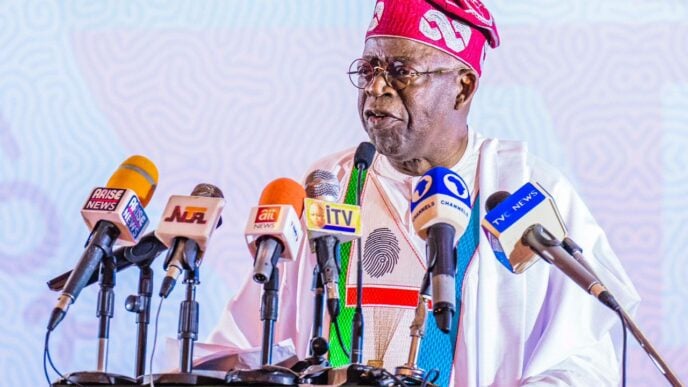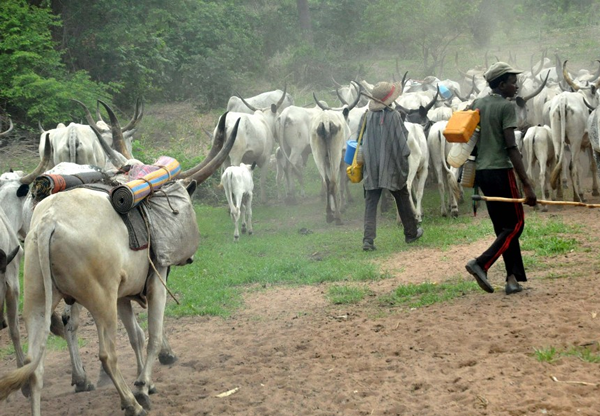BY JOHN KOKOME
June 12 is one of the most significant and emotionally charged occasions in Nigeria’s political history. It is now more than just a day on the calendar; it is a representation of democratic disobedience, a national awakening, and the never-ending fight for accountability and justice.
On June 12, 1993, Nigerians across ethnic, religious, and regional lines voted in what is widely hailed as the freest and fairest presidential election the country has ever witnessed. The results, though unofficially declared, clearly pointed to Chief Moshood Kashimawo Olawale Abiola as the winner, a man who campaigned not as a Yoruba candidate but as a unifying figure with a vision for a better Nigeria.
However, the military government’s decision to void the election dashed millions’ expectations for a new democratic era. The decision was a significant betrayal of the will of the people, not merely a political one. The annulment led to protests, a resurgence of civil activism, and widespread outrage. In Nigeria’s democratic path, MKO Abiola became a martyr after his second imprisonment and eventual death in custody in 1998, which only served to further exacerbate the wound.
Advertisement
For years, June 12 remained a powerful symbol for pro-democracy advocates, particularly in the South-West, where Abiola hailed from. It was a reminder of stolen hope and a call for justice. That cry was finally acknowledged in 2018 when President Muhammadu Buhari declared June 12 as Nigeria’s official Democracy Day, replacing May 29. This long-overdue recognition gave national prominence to what had been a regional memory, elevating June 12 to its rightful place in our collective consciousness.
The significance of June 12, however, must not be reduced to ceremonies and public holidays. It serves as a living reminder of what democracy should entail: free, fair, and inclusive elections; safeguarding civil freedoms; respecting the will of the people; and having the guts to challenge authority.
As Nigeria continues to struggle with issues like insecurity, economic hardship, youth disenfranchisement, and election conflicts, we need to consider the lessons learnt on June 12. Are we remembering those who gave their lives in defence of democratic principles? Or are political expediency and apathy causing that legacy to wane?
Advertisement
June 12 should inspire a renewed commitment to democratic values, not just at the ballot box, but in governance, civic responsibility, and national discourse. It is a day of historical symbolism, yes, but more than that, it is a call to action.
We owe it to MKO Abiola. We owe it to the fallen heroes of the June 12 struggle. But most importantly, we owe it to ourselves and the generations to come.
John Kokome, a communications strategist and public affairs analyst, writes from Lagos. He can be contacted via [email protected]
Advertisement
Views expressed by contributors are strictly personal and not of TheCable.

